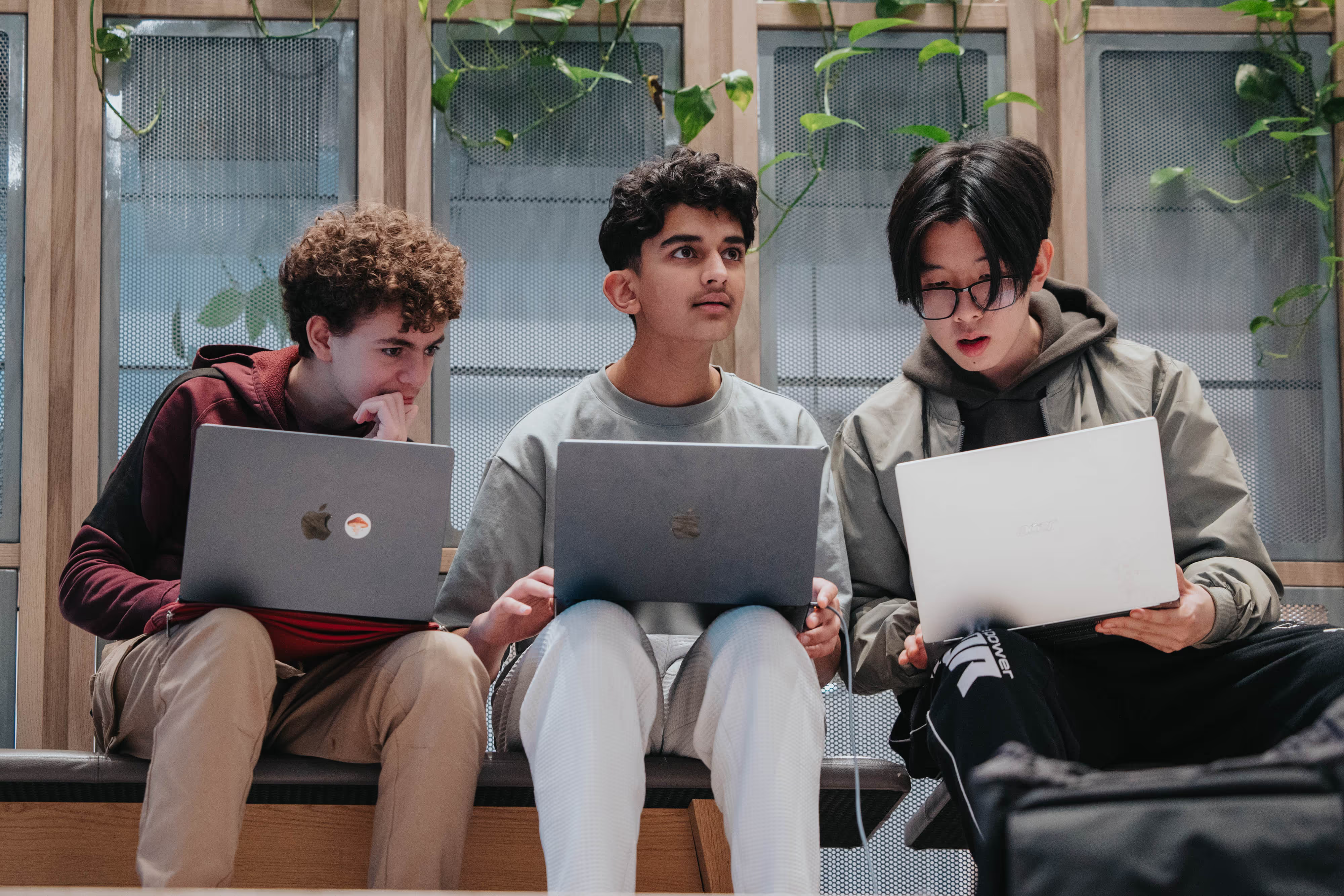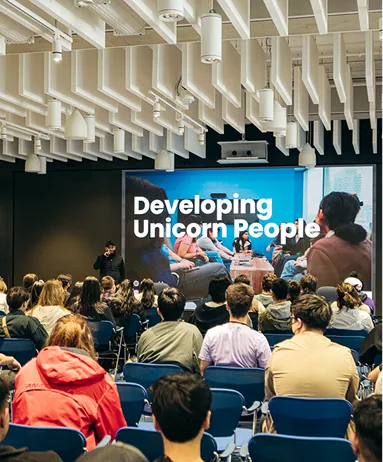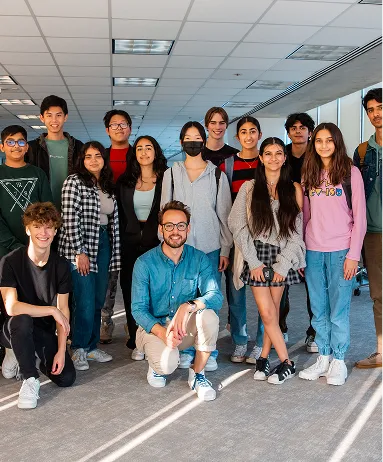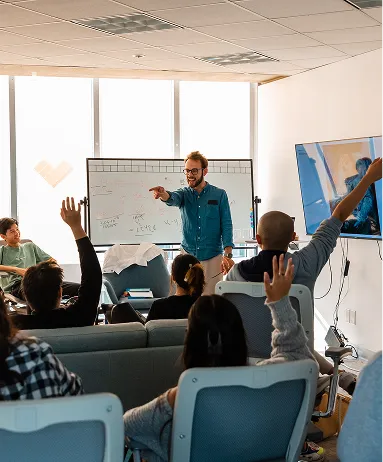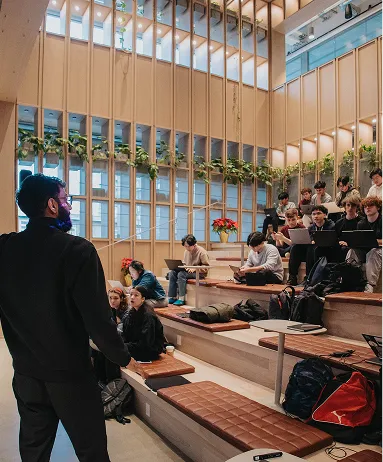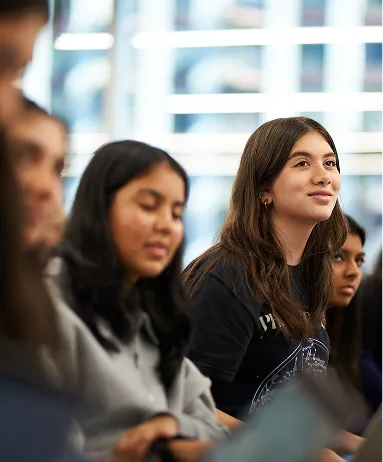For generations, education has followed a structured formula: students are placed in classrooms, given predefined lessons, and evaluated based on standardized assessments. The goal? To ensure students meet a uniform set of expectations, measured through grades and exams. But in a world that thrives on innovation, this approach has an unintended consequence: it limits curiosity, creativity, and self-exploration.
The traditional education system trains students to focus on the next test, the next assignment, the next GPA boost. But rarely does it train them to think about the bigger questions: What am I passionate about? What impact do I want to have? What do I want to explore?
The Problem with a One-Size-Fits-All Approach
Education is designed to be predictable. The structure ensures students follow a clear path from one level to the next. But when learning becomes purely about performance, it comes at a cost:
- Curiosity is suppressed. When students are rewarded for memorization rather than exploration, they stop asking big questions and start optimizing for the “right” answers.
- Creativity takes a backseat. Innovation isn’t about regurgitating facts—it’s about making connections across disciplines. But traditional education doesn’t train students to think that way.
- Decision-making becomes reactive. Without exposure to the possibilities that exist beyond school, students make career decisions based on what seems familiar—not necessarily what excites them.
By the time students reach university or enter the workforce, many realize they’ve been making decisions without truly understanding their options. They’ve spent years excelling at something without knowing if they actually enjoy it.
The Power of Early Exposure
The most transformative learning experiences aren’t found in textbooks or exams—they come from exposure to what’s possible. When students are introduced to real-world challenges, emerging technologies, and new ways of thinking early on, they can make informed choices about their future. Exposure helps students:
- Discover what excites them. AI? Biotechnology? Space exploration? If students don’t see what’s happening at the frontier of innovation, how can they know what they want to pursue?
- Understand what they don’t enjoy. Just as important as discovering passions is identifying what isn’t the right fit. Knowing what you don’t want to do is just as valuable as knowing what you do.
- Make confident decisions. When students have context about what’s out there, they can approach university and career choices with clarity—rather than uncertainty.
Shaping the Next Generation of Innovators
The future belongs to those who can adapt, explore, and build—not just those who perform well on exams. To create a generation of leaders who shape the future, we need to prioritize:
- Project-based learning over rote memorization. Understanding theory is important, but applying knowledge in real-world scenarios is what creates true learning.
- Interdisciplinary thinking. The biggest breakthroughs happen when fields collide—when biology meets engineering, when psychology meets AI. Encouraging students to connect ideas across disciplines fosters innovation.
- Access to emerging fields. Whether it’s quantum computing, synthetic biology, or decentralized finance, students should have early exposure to the fields that will define the future—not just the subjects that were relevant 50 years ago.
The Future of Learning
The traditional path—grades, degrees, predictable careers—has worked for a long time. But the world is changing faster than ever. The students who will thrive aren’t the ones who check all the right boxes; they’re the ones who explore, experiment, and seek knowledge beyond the classroom.
It’s time to shift the focus from performance to discovery—because the best decisions come from knowing what’s possible.
The real question isn’t What should I study? It’s What kind of impact do I want to have?
And that’s a question worth exploring.
.avif)
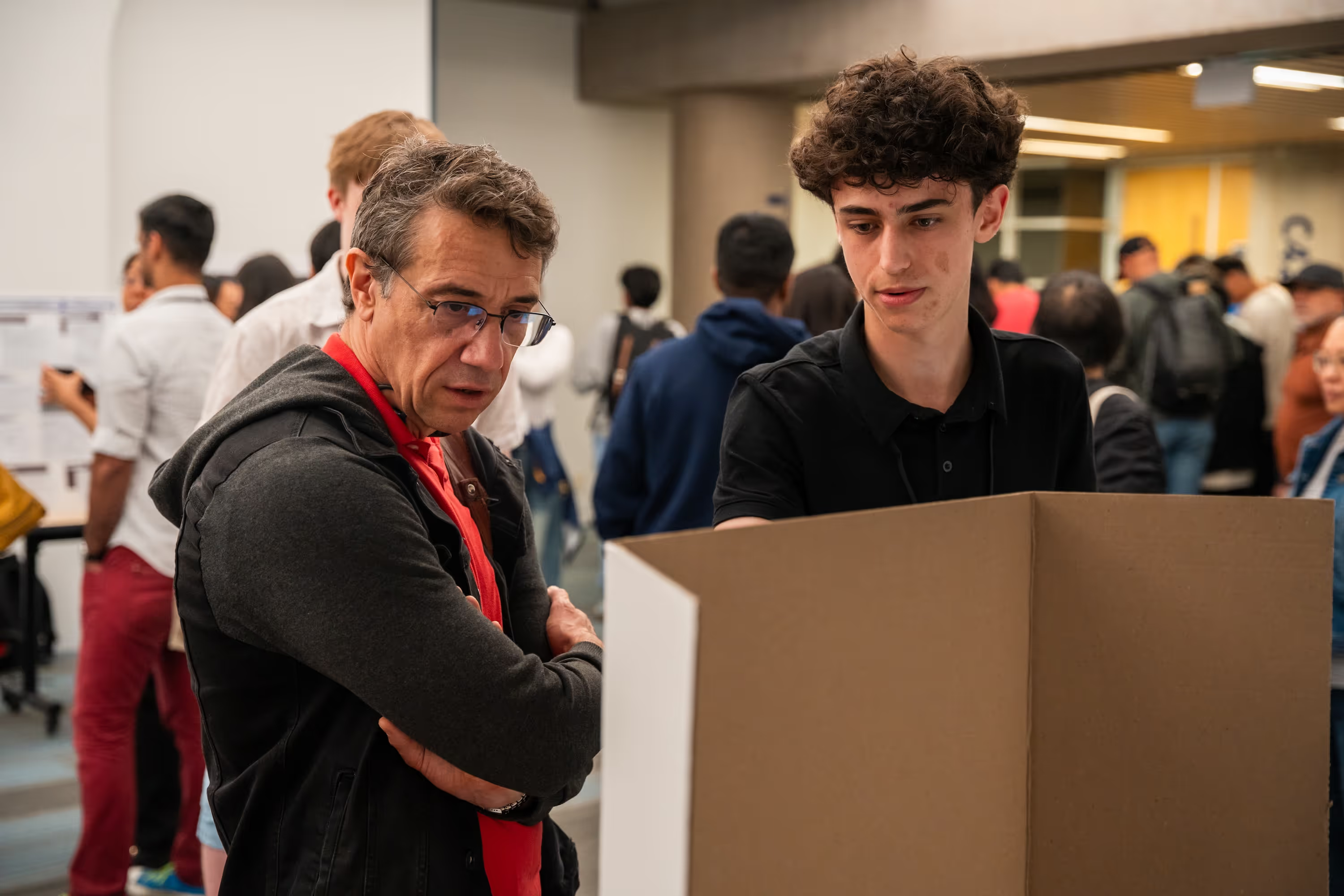
.avif)
.avif)
